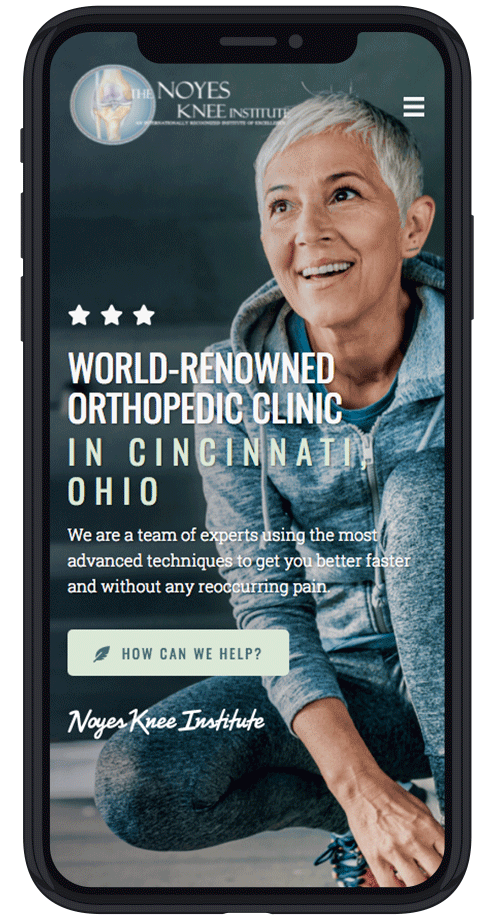Published On
Category
Knee pain is a common phenomenon for active people. Dedicated atheletes, and even those new to any strenuous activity often develop a dull, nagging pain in one or both knees. Standard home remedies like ice, elevation, rest, and medication are useful for short term, minor knee inflammation cases.
However, sole reliance on these home remedies is not always the right solution. Here are four failings of continual home remedy use for knee pain.
Provides Only Short Term Relief
Home remedies only provide short-term relief for knee pain. Ice, medication, and elevation may dull your pain temporarily, but these methods are not always long lasting. Continual, regular athletic activity may eventually bring about increased or repeated need for ice or medication.
Proper rest allows your body to heal from minor inflammation, but not if the rest period is too short to be effective. Many athletes are too impatient to return to activity and do not provide adequate rest to heal. The result is repeated, potentially worse knee pain each time you participate in physical activity.
Invites Potential for Error
The popularity of home remedies often promotes a false sense of trust. While effective in some cases, home remedies invite a potential for error if you don’t educate yourself first. For example, reliance on non-steroidal anti-inflammatory drugs, or NSAIDS, can result in stomach ulcers and bleeding, and increased risk of heart attack and stroke.
Additionally, home remedy use at the suggestion of your trainer is not always the best advice. While knowledgeable in sports training, many trainers possess limited information in regards to injuries. Unless they are a trained therapist or physician, they cannot know the real cause of your knee pain. You may end up causing further damage to important cartilage and bone.
Fails to Address the Underlying Problem
While home remedies can be a temporary and quick fix to knee pain, they do not truly address more serious causes of knee pain. Bursitis, osteoarthritis, meniscal tears, dislocated kneecaps, and torn ligaments indicate true physical damage to important parts of the knee. Intense focus on pain management only distracts you and your trainer from the real reason you hurt.
When underlying knee problems go unnoticed, the results can be painful and dangerous. For example, tendonitis at the front or back knee tendon produces pain and swelling but can rupture if it goes untreated. A ruptured tendon can cause bleeding in the knee joint and extreme pain that only surgery can repair.
Delays Your First Visit to a Knee Specialist
Home remedy use dulls your pain enough to allow you to continue your activities and hope the pain goes away by itself. Most causes of knee pain do not simply disappear. Over time, pain becomes extreme and interferes with your daily activity. Unfortunately, knee pain at this level or for long periods often indicates serious or irreversible injury to cartilage, ligaments, tendons, or bones.
Often reliance on home remedies for knee pain can delay your first visit to a knee specialist who can examine your knee and determine the cause for your pain. Your knee is at risk for severe damage when you wait before you finally get medical help.
Rather than rely on home remedies for knee pain, you can use ice, elevation, rest, and medication when a knee specialist recommends their use. Pain management is only one small part of treatment for the underlying causes of knee pain.
The Noyes Knee Institute can help determine the causes of your knee pain. Don’t wait until your pain is so severe it interferes with your life. Instead, make an appointment now, and we can start the right course of treatment unique to you and your lifestyle.

